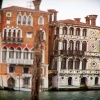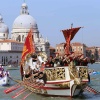
Torcello is one of the oldest islands of the Venetian lagoon, north of Burano, in the middle of a salt marsh zone (clay soil lying areas which are periodically flooded by tides and which are fundamental for the health of the lagoon).
Torcello was very prosperous and densely populated since the first centuries of the Roman Empire, and it began its decline from the fifteenth century because of climate changes and continuous plagues, and also because of the predominance of Venice.
One of the two bridges of Torcello is the Ponte del Diavolo (Devil’s Bridge), that crosses the Maggiore Canal, the waterway that connects the historic center of Torcello with the lagoon. It goes back to the fifteenth century but recent archaeological investigations have established that its foundations are grafted onto pre-existing foundations, dated thirteenth century.
The origin of the name is uncertain. Some say that “Diavoli” (Devils) was the nickname of a local family who gave the bridge its name; other say the name comes from a legend about a Venetian girl, a witch and an Austrian soldier.
The legend says that the girl falls in love with a young officer during the Austrian invasion, but the union was disliked by her family, who send her away. One day the girl hears the news that the young lover has been murdered.
The girl returns to Venice and meets a witch, with whom she enters into a pact with the devil: the young Austrian in exchange for the souls of seven died prematurely Christians children.
The site of the exchange would be the Devil’s Bridge.
The two women reach the island and the girl crosses the bridge with a candle and a golden coin while the witch invokes the devil. The devil, as soon as he sees the girl, spits the key of space and time into the water taking the gold coin, making the young Austrian appear at the other side of the bridge.
The second half of the pact had to be the delivery of the seven souls on the Devil’s Bridge, scheduled for December 24th, but the witch was murdered before the exchange by a young man who wanted to save the souls of children.
Legend has it that from that December 24th onwards, every year the devil appears on the Devil’s Bridge to get his payment, in the form of a black cat.
The main feature of the Devil’s Bridge is its shape without railings, typical of the Venetian ancient bridges, and together with the Ponte Chiodo (Nail’s Bridge) in Cannaregio, it is the only one to preserve the ancient form.




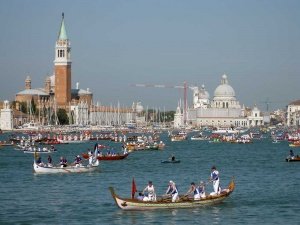
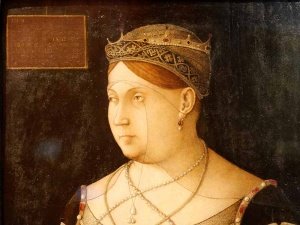
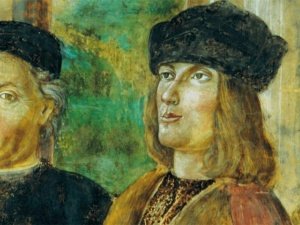
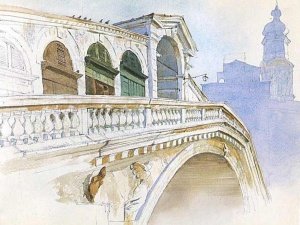
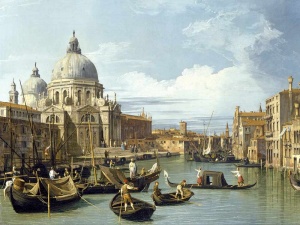
 Venice place names: Campi, Campielli, Corti
Venice place names: Campi, Campielli, Corti  Venice place names: Calle, Calle Larga, Salizada, Rio terà, Ramo, Sotoportego
Venice place names: Calle, Calle Larga, Salizada, Rio terà, Ramo, Sotoportego  The Venetian “Fondamenta”
The Venetian “Fondamenta”  2 years and still going strong: happy birthday Plum Plum Creations!
2 years and still going strong: happy birthday Plum Plum Creations!  The Bicentenary of Gallerie dell’Accademia – Canova, Hayez, Cicognara
The Bicentenary of Gallerie dell’Accademia – Canova, Hayez, Cicognara 